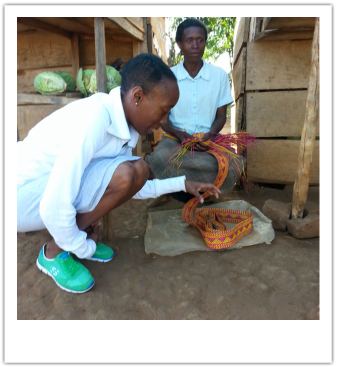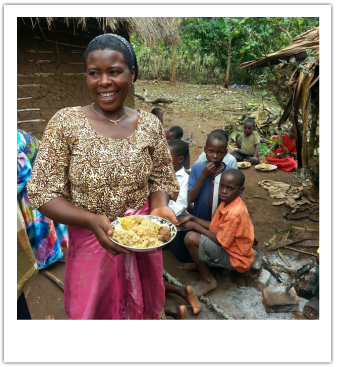|
The data being explored for this research are drawn from the larger literacy and learning readiness study. Although we did not initially set out to explore social and familial roles, sex-linked characteristics or the role of gender on learning readiness or literacy acquisition; it became apparent that participants’ ideas about their roles in the community (whether consciously or unconsciously) regardless of age were being heavily influenced by and influencing their responses. This recognition led researchers to explore perceptions of gender and related social and familial roles and their expression in rural Uganda.
The study aims to explore whether the stories told by child and adult caregiver participants in two rural Ugandan villages feature sex-linked characteristics (Bem, 1981). Since ideas relating to gender stereotypes and the concepts of masculinity and femininity may be transmitted from parents and other primary caregivers to children, this study also explores how the sex-linked characteristics in the stories told by the adult caregivers relate to the stories told by the children. Lastly, this study explores how sex-linked characteristics in the children's stories map onto a thematic framework of social and familial roles. This study uses a coding frame proposed by Taylor (2003) and a grounded theory approach as advanced by Auerbach and Silverstein (2003) as part of a mixed-methods exploration of these stories. Click here for our recent article published in Attachment & Human Development. Click here for a presentation at Austen Riggs, May, 2017. Check out this related article: The Beast Had to Marry Balinda: Using Story Examples to Explore Socializing Concepts in Ugandan Caregivers’ Oral Stories. |

